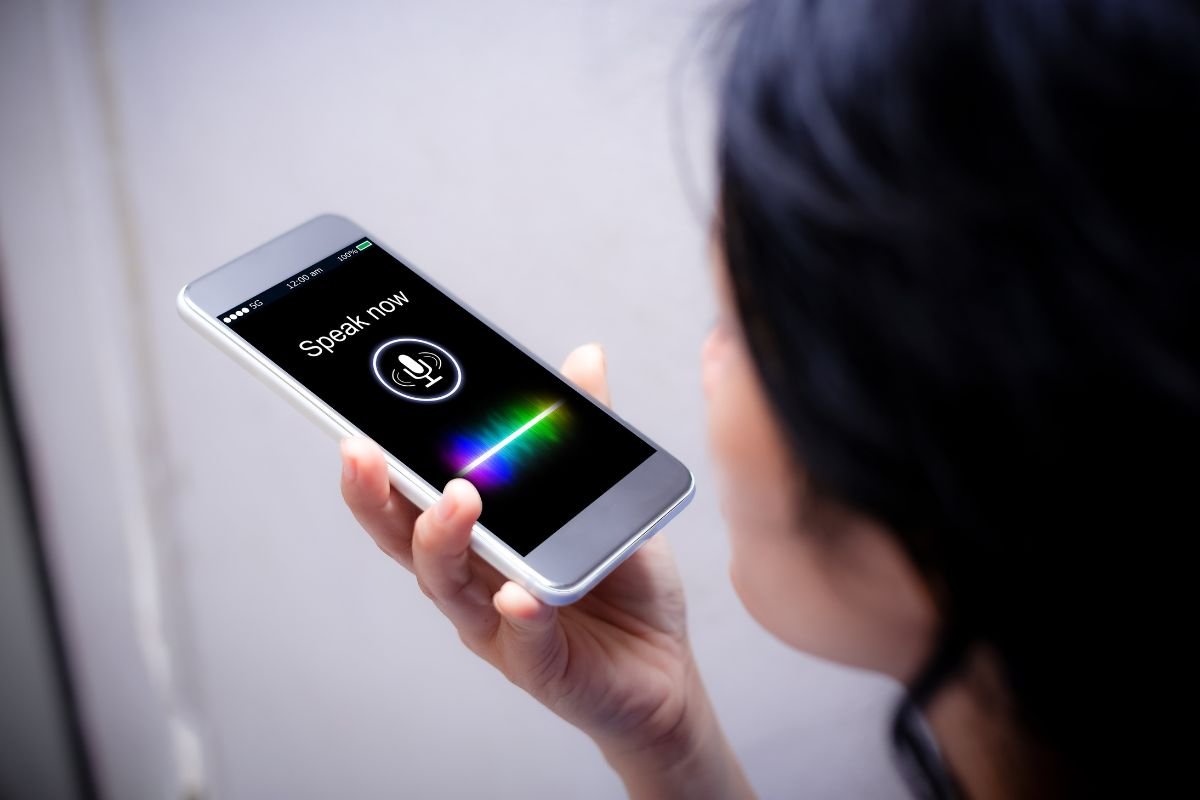Source – Epic games
In a federal antitrust trial that commenced on Monday, Epic Games, the creator of the popular video game “Fortnite,” accused tech giant Google of employing a two-pronged strategy known as the “bribe and block” scheme to suppress competition in its Play Store. The trial, taking place in San Francisco, marks another significant legal challenge for Google, which is already grappling with allegations of monopolistic behavior in the realm of search.
Epic Games’ attorney, Gary Bornstein, asserted that Google engages in payments to competitors, effectively preventing the establishment of alternative app stores. Simultaneously, Bornstein alleged that Google obstructs potential rivals from implementing their own payment systems and hinders them from distributing apps through alternative channels. All the while, Google retains a substantial 30% commission on in-app purchases made through its Play Store. Bornstein argued that this strategy results in higher prices, diminished app quality, and reduced choices for consumers, thus harming competition.
Google Counters Epic Games’ Claims
Google’s legal team vigorously countered these allegations during their opening argument. They pointed to the existence of Apple’s App Store as a direct competitor to the Play Store. Moreover, they highlighted instances of major apps, like OpenAI’s ChatGPT, choosing to debut exclusively on the App Store, indicating that robust competition exists in the app distribution landscape. Google’s attorney, Glenn Pomerantz, contended that the company does not hold a monopoly due to this competitive environment.
Background of the Dispute and Key Witnesses
The dispute between Google and Epic Games initially flared in 2020. At that time, Epic Games introduced a feature that allowed its customers to pay the company directly instead of using the payment systems mandated by Google and Apple. In response, both tech giants promptly removed “Fortnite” from their respective app stores, prompting Epic to launch a legal challenge. A separate trial between Epic Games and Apple in 2021 resulted in a verdict that largely favored Apple, although both companies have sought Supreme Court intervention in the matter.
In the current Google v. Epic trial, a 10-person jury will determine the outcome, setting it apart from the Justice Department’s case targeting Google’s search dominance, which will be decided by a single judge, Amit Mehta. This trial boasts a roster of prominent witnesses, including Google CEO Sundar Pichai, CFO Ruth Porat, and Epic Games CEO Tim Sweeney, all slated to testify. The proceedings are anticipated to span approximately four weeks.
Epic Games has continued its legal challenge despite Google’s parent company, Alphabet, reaching a settlement with another plaintiff, Match Group. Google also reached settlements with a group of state attorneys general who joined the suit. In response to the Match Group settlement, Epic Games CEO Tim Sweeney declared that “Epic will go to trial against Google alone,” emphasizing their determination to seek a court order requiring Google to cease its alleged anticompetitive practices within the Play Store.
Also read: Apple Continues To Work On Its Search Engine To Compete With Google









